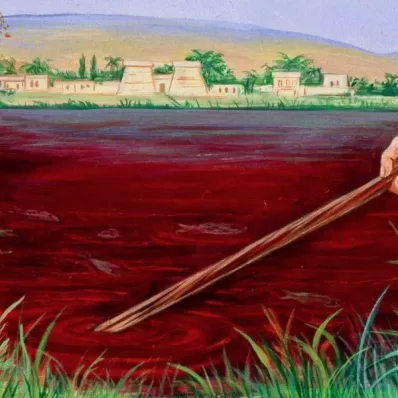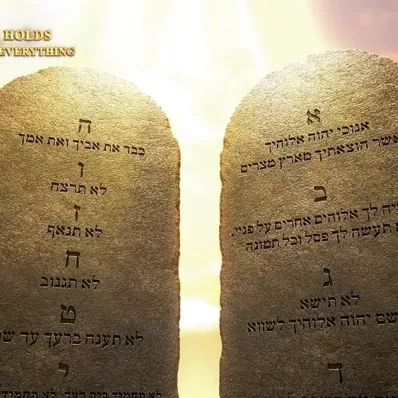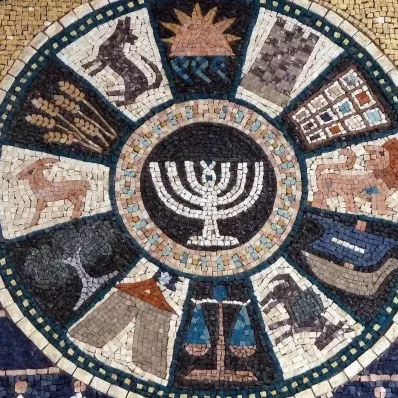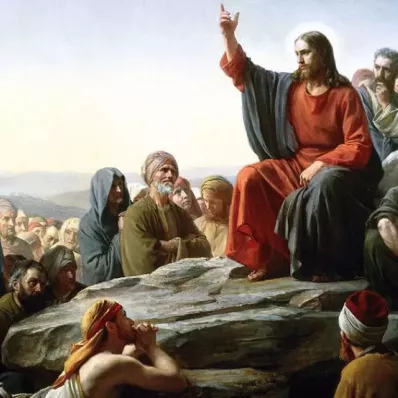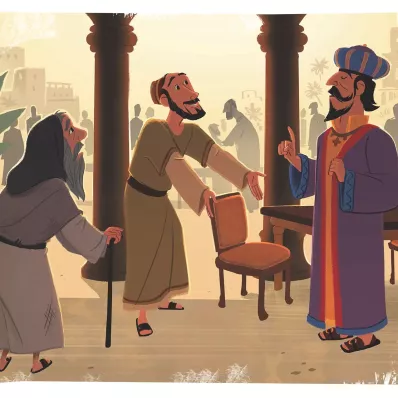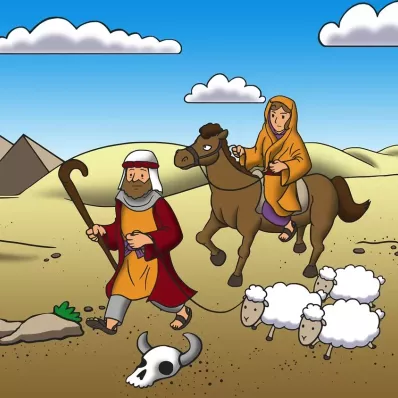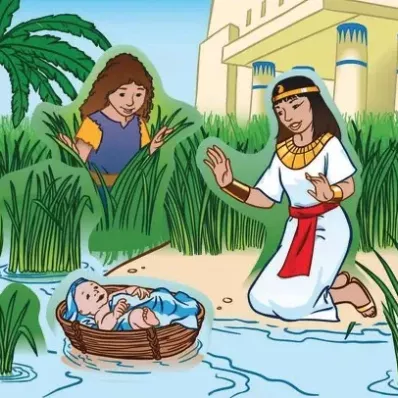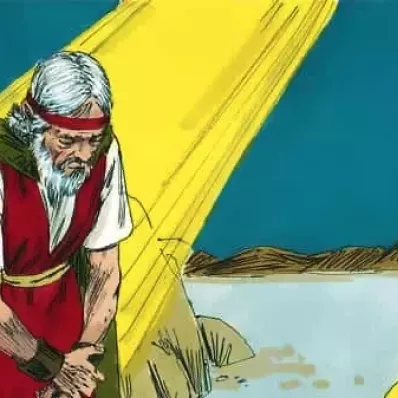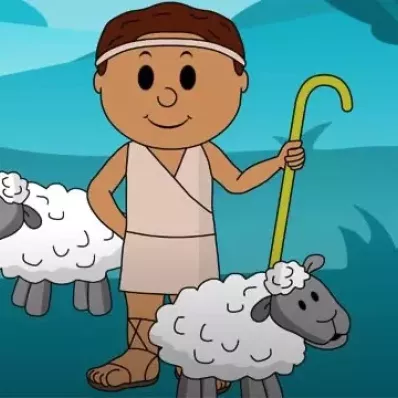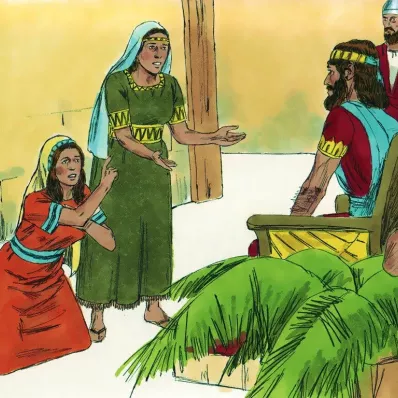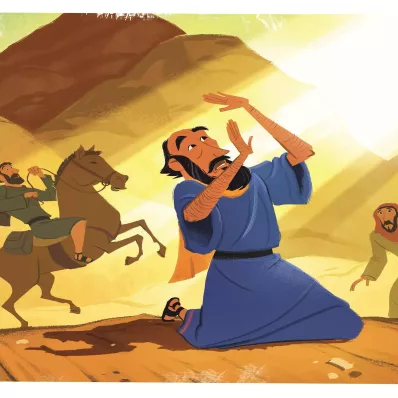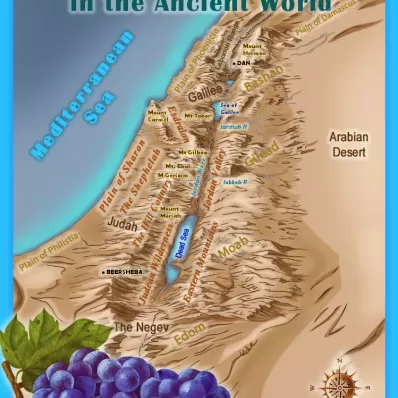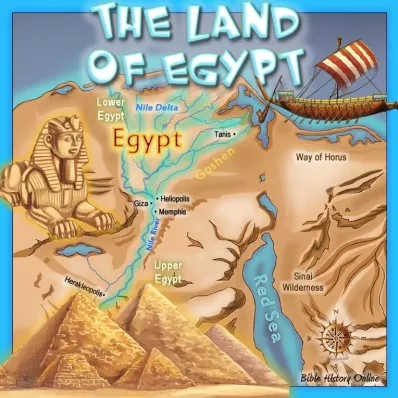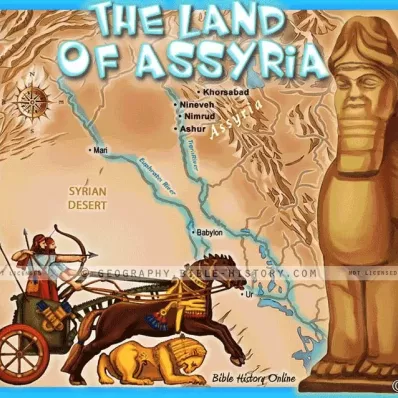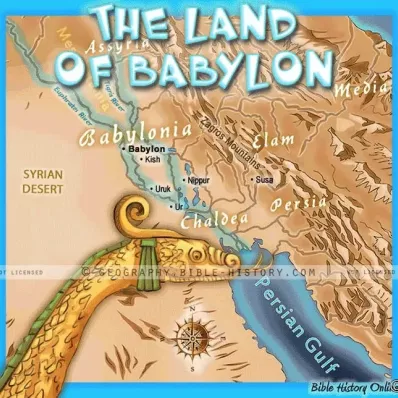Abel
(Heb. Hebhel), a breath, or vanity, the second son of Adam and
Eve. He was put to death by his brother Cain (Gen. 4:1-16).
Guided by the instruction of their father, the two brothers were
trained in the duty of worshipping God. "And in process of time"
(marg. "at the end of days", i.e., on the Sabbath) each of them
offered up to God of the first-fruits of his labors. Cain, as a
husbandman, offered the fruits of the field; Abel, as a
shepherd, of the firstlings of his flock. "The Lord had respect
unto Abel and his offering; but unto Cain and his offering he
had not respect" (Gen. 4:3-5). On this account Cain was angry
with his brother, and formed the design of putting him to death;
a design which he at length found an opportunity of carrying
into effect (Gen. 4:8,9. Compare 1 John 3:12). There are several
references to Abel in the New Testament. Our Saviour speaks of
him as "righteous" (Matt. 23:35). "The blood of sprinkling" is
said to speak "better things than that of Abel" (Heb. 12:24);
i.e., the blood of Jesus is the reality of which the blood of
the offering made by Abel was only the type. The comparison here
is between the sacrifice offered by Christ and that offered by
Abel, and not between the blood of Christ calling for mercy and
the blood of the murdered Abel calling for vengeance, as has
sometimes been supposed. It is also said (Heb. 11:4) that "Abel
offered unto God a more excellent sacrifice than Cain." This
sacrifice was made "by faith;" this faith rested in God, not
only as the Creator and the God of providence, but especially in
God as the great Redeemer, whose sacrifice was typified by the
sacrifices which, no doubt by the divine institution, were
offered from the days of Adam downward. On account of that
"faith" which looked forward to the great atoning sacrifice,
Abel's offering was accepted of God. Cain's offering had no such
reference, and therefore was rejected. Abel was the first
martyr, as he was the first of our race to die.
Abel (Heb. 'abhel), lamentation (1 Sam. 6:18), the name given
to the great stone in Joshua's field whereon the ark was "set
down." The Revised Version, however, following the Targum and
the LXX., reads in the Hebrew text "'ebhen" (= a stone), and
accordingly translates "unto the great stone, whereon they set
down the ark." This reading is to be preferred.
Abel (Heb. 'abhel), a grassy place, a meadow. This word enters
into the composition of the following words:


